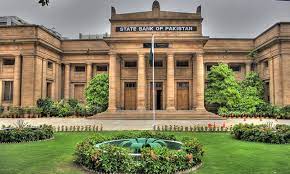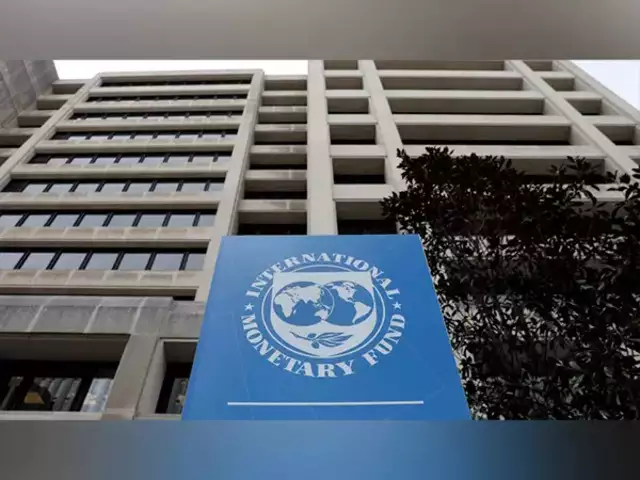PTBP Web Desk
The State Bank of Pakistan (SBP) has rolled out a comprehensive Regulatory Framework on Recovery Planning for all banks operating in the country. The framework is designed to align Pakistan’s banking regulations with international best practices, ensuring banks can proactively manage financial stress and avoid potential failure.
The new guidelines underscore SBP’s supervisory expectations for banks in terms of preparing for periods of financial instability, stabilizing operations during crises, and conserving capital. The SBP’s framework will apply to all banks, including their subsidiaries and associates, as well as foreign bank branches and Islamic banking institutions (IBIs).
The SBP’s recovery planning framework aims to ensure that banks are well-equipped to:
- Manage and recover from financial losses during stress events,
- Avoid failure by implementing strategic corrective measures,
- Maintain stability across the banking industry,
- Ensure contingency funding plans are in place for crisis situations.
According to a circular issued by the central bank, the recovery plans must contain multiple recovery options that can be executed swiftly if the financial condition of a bank begins to deteriorate. These include actions such as divestiture of business lines, restructuring of liabilities, and capital conservation strategies.
To support the enforcement of this framework, amendments have been made in key legislation including the Banking Companies Ordinance (BCO), 1962 and the Deposit Protection Corporation (DPC) Act, 2016. These changes provide explicit powers to the SBP to:
- Require banks to submit recovery plans in a specified format,
- Remove any obstacles that hinder implementation of those plans,
- Mandate revisions and updates to the recovery strategies when necessary.
These legal tools empower the SBP to strengthen the recovery and resolution regime in line with global regulatory standards, such as those recommended by the Financial Stability Board (FSB).
Under the framework, banks are required to submit their first board-approved recovery plans by June 30, 2026, based on audited financial statements as of December 31, 2025. From then on, banks must continue to submit updated recovery plans by June 30 of every year, or within 15 days of their board’s approval if revisions are made due to material changes during the year.
All banks are expected to develop their plans on a group-wide basis, incorporating subsidiaries and associates where applicable. The SBP has emphasized that while banks may tailor their plans based on their size, complexity, and risk profile, all core elements outlined in the framework must be addressed.
The SBP has also extended the scope of this framework to:
- Foreign bank branches, which must align their Pakistan-based recovery plans with their head offices while complying with SBP’s specific guidelines.
- Islamic Banking Institutions (IBIs), which are required to ensure their recovery plans conform to Shariah principles. In this regard, the role of the Shariah Board must be appropriately defined within the recovery plan.
Moreover, banks are now instructed to integrate contingency funding plans into their recovery strategies to enable timely responses to unexpected liquidity issues.
The SBP has warned that non-compliance with the new recovery planning framework will lead to strict punitive action under relevant provisions of the Banking Companies Ordinance, 1962. This includes penalties for failure to submit, revise, or implement recovery plans as per the prescribed standards and timelines.
This proactive approach reflects SBP’s increasing emphasis on risk management and regulatory accountability, a stance that mirrors the direction taken by regulators in other global jurisdictions.
The introduction of this recovery framework marks a significant shift in Pakistan’s regulatory landscape, reflecting SBP’s commitment to building a resilient banking system that can effectively respond to economic shocks.
By requiring banks to plan ahead for adverse scenarios and establish clear response mechanisms, the SBP is taking cues from international regulatory bodies like the Basel Committee on Banking Supervision (BCBS), which advocates for early intervention and recovery planning as part of a sound financial system.
The SBP’s regulatory framework on recovery planning sets the stage for improved crisis management, financial planning, and regulatory coordination in Pakistan’s banking sector. By enforcing timely submissions, mandating board involvement, and emphasizing group-wide accountability, the central bank is ensuring that institutions are not just reactive, but strategically prepared.
This policy is expected to reinforce public confidence, protect depositors’ interests, and ensure the long-term stability of Pakistan’s financial ecosystem.




